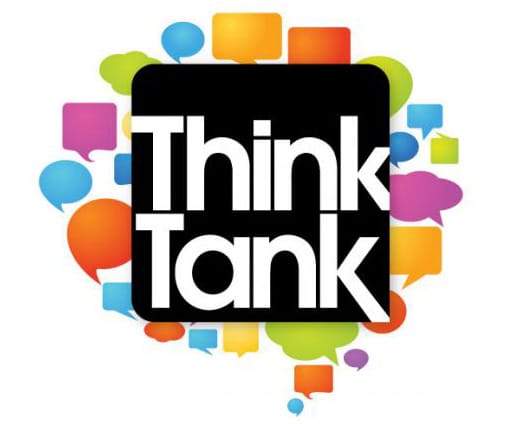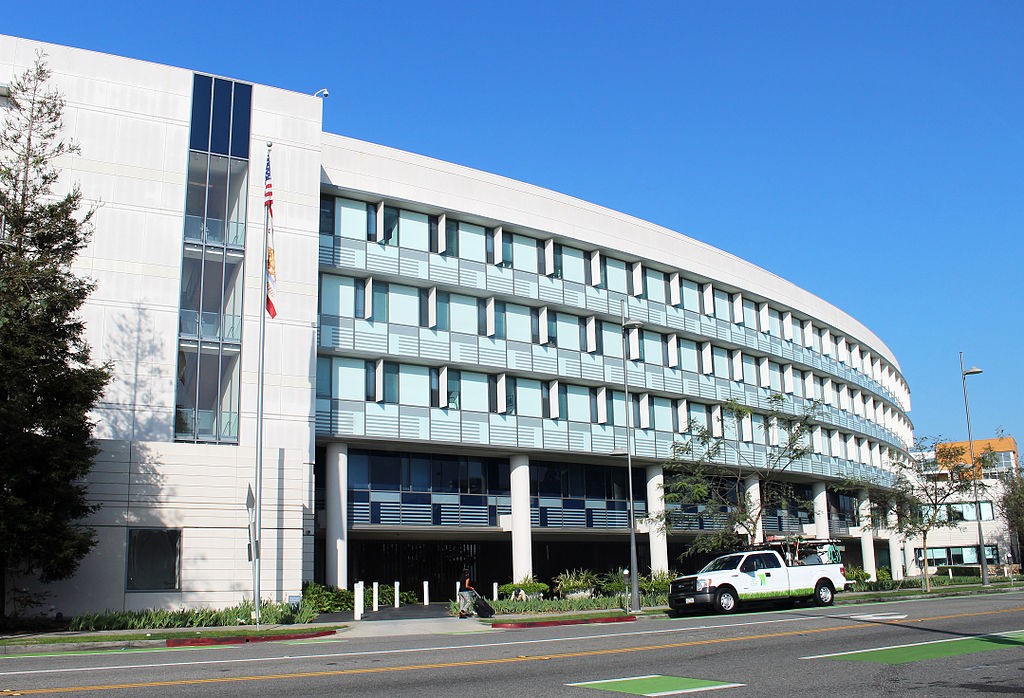
What are think tanks, and what is the nature of the relationship between them and the old universities from which almost all think tankers hail? This is a brief and very provisional attempt to think through how think tanks operate, and how they relate to the traditional universities with which they compete (or so I believe), but which they also complement (or so I will argue).
It was only about a decade-and-a-half ago that, almost without warning, think tanks first made their appearance in Spain. Distantly familiar thanks to their strong presence in the US, and to a much lesser extent in Europe, they began to take shape either as extensions of political parties, in response to a demand generated by the public sector (supported, often as not, by large business corporations as they went global), or as the expression of a civil society that was increasingly interested in participating in public life. Today they constitute a rather heterogeneous community, which can be divided into three main groups. On the one hand, there are the mainstream think tanks, such as the Elcano Royal Institute, which exist to diagnose complex phenomena and formulate proposals. We also have action tanks, more geared towards action than thought, which are active in fields such as conflict mediation or human rights, and which sometimes come close to resembling ideological lobbies. Finally, in recent years we have witnessed a proliferation of civic forums (I belong to two), which seek to articulate the public debate and express opinions on matters of public importance. Here I will focus on the first of these groups, the mainstream think tanks, though I suspect they all respond to the same need.
This need arose (I would argue) from the success of university research in the social sciences and the humanities, but even more so, as a result of its limitations. The economics, political science, sociology and history departments of universities all over the world have advanced their research by developing increasingly precise models, concepts and frameworks that relate to increasingly narrow and limited topics. This has resulted in the emergence of transnational communities of researchers working on very specific issues, communicating in increasingly esoteric languages, while using English as their lingua franca. This is hardly surprising, for the same thing occurs in the experimental sciences. However, these do not normally interest the general public as should the social sciences, whose over-specialization has led to extreme self-centredness and a loss of public relevance. As they have become more ‘scientific’, social scientists have developed a discourse that is only accessible to other academics. Additionally, they have become increasingly ideological and elitist, with the result that a great deal of academic research in the social sciences simply feeds on itself, and has become largely irrelevant to the educated general public. Social scientists claim to see themselves as contributing to society’s emancipation and education, but given the subject matter they deal with, and above all, the language in which they do so, they are better at talking ‘over’ society than actually engaging with it.
Think tanks may be seen as a reaction against this trend, but they also complement it. To begin with, they are non-academic centres dedicated to research and analysis, whose work is based on the assumption that in today’s knowledge-based societies, expertise on any issue may be found in universities (as in the past), but also outside them, in places such as large companies, government institutions, consultancy firms, the media, and many other venues too numerous to enumerate. Think tanks seek to generate communities of expertise by taking advantage of this dispersed human capital, which they have to identify, attract, and extract from, in order to synthesize this knowledge and offer it back to society in an intelligible language and through accessible means. While academia has a tendency to talk ‘over’ society, think tanks aim to speak from within it, by taking part in its on-going conversations.
Additionally, think-tankers deal with real problems and not, as is often the case with university academics, with issues that have been scientifically defined. They move to the rhythm of political and social agendas while remaining above the fray, but they clearly deal with matters of social, political, economic, and international relevance. Issues which are deemed relevant by academics are often not seen in the same light by think-tankers, and vice versa. This is not to belittle the ‘pure’ academic research undertaken by universities, which feeds the work of think-tankers (and of many others). Without it, progress would be impossible. But think tanks’ research programmes are determined by social and political agendas, not academic or scientific priorities. The questions posed in both contexts are very different, and we know that science advances thanks to the questions it poses, not the answers it provides.
This generates a third very important difference: in think tanks barriers between disciplines (and barriers between their respective languages) are a liability rather than an asset. Real-world problems are almost always ‘total social facts’, as Marcel Mauss described them. The Ukraine issue, to cite just one example, has political, economic, sociological, historical, cultural, linguistic, and artistic dimensions (among others), and tackling it requires a synthetic, interdisciplinary approach. The strength of a think tank, as opposed to a traditional university department, is that it can bring together economists, historians, political scientists, sociologists, demographers, and specialists in defence and security matters, amongst others, who are capable of working side by side.
A fourth difference refers to the time-frame of the research carried out by university academics and think-tankers. The former seek to explain the phenomena they study and thus look back to their causes, and their models ponder the weight of the different independent variables on the dependent variable. Think tanks, by contrast, are far less interested in the causes of phenomena than in their consequences. They look to the future, not the past; their way of thinking is prospective, futuristic, not retrospective or historicist. Their aim is to map out what might reasonably be expected to occur, either to prevent it from happening (through pre-emptive action), or to prepare for what cannot be prevented, by minimizing the risks and maximizing the possible benefits. Dealing with the past means working with facts and data; theses can be empirically tested, and one can contribute to scientific learning. When dealing with the future there is no reliable data to work with; the aim is not to ‘comprehend’ (is it possible to understand what has not yet occurred?), but rather to find one’s bearings. Thus, the knowledge produced by think-tanks looks to the future; it generates future, and often forms part of reflective processes such as self-fulfilling or self-denying prophecies. In short, think tanks are in the business of generating knowledge of the future that may help to generate a different (hopefully, better) future. They do not want to know what is happening, as much as to prevent certain things from taking place.
One final difference, which largely sums up all the others, has to do with the respective audiences of think-tankers and university academics. The latter largely talk among themselves, and are not particularly interested in reaching the educated general public. Indeed, the prevailing trend today is to belittle those who write for such an audience, with the result that books (particularly essays) are far less valued than short articles published in international peer-reviewed academic journals. Think tanks, on the other hand, care a great deal about how they communicate their work, and their ability to reach out and influence (a rapidly expanding body of) educated readers; they produce ideas, but they also disseminate them, for their main aim is to convince their readership. This partly explains why they are often at the cutting edge of Internet and social media use. It is thus more than a little paradoxical that think tanks, which are widely seen as elitist by comparison with universities, are in fact considerably more open and democratic when it comes to sharing their work with society at large.
All of this leads me to a twofold conclusion. Firstly, if think tanks did not already exist, we would have to invent them, because there is clearly a need for them. Secondly, not only are they here to stay, but I predict that they have a prosperous future ahead of them. And a final coda: although their presence and success is partly the result of the remarkable lack of vigour and relevance of university research, think tanks would be necessary even if the latter regained its strength, as I very much hope it will.



